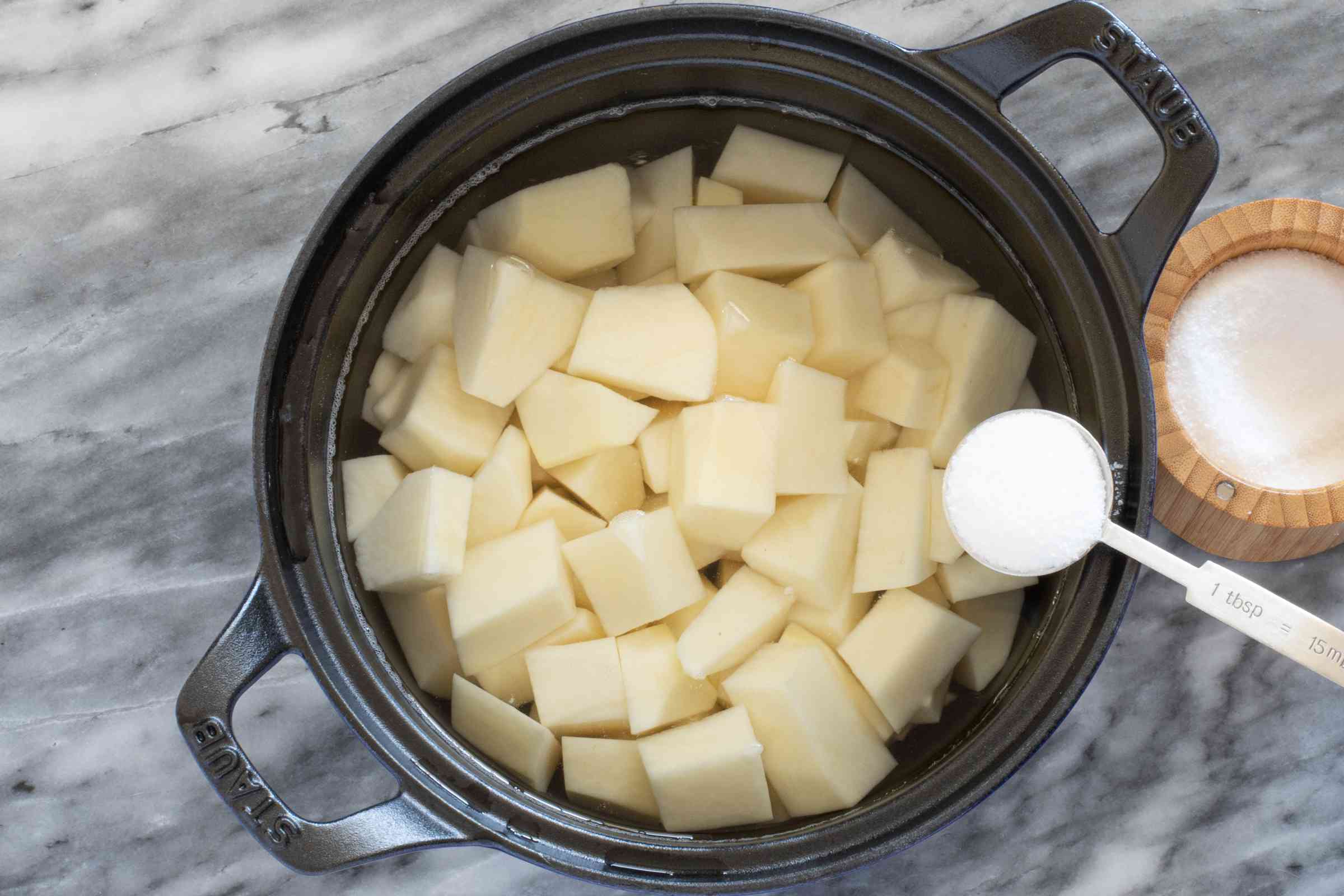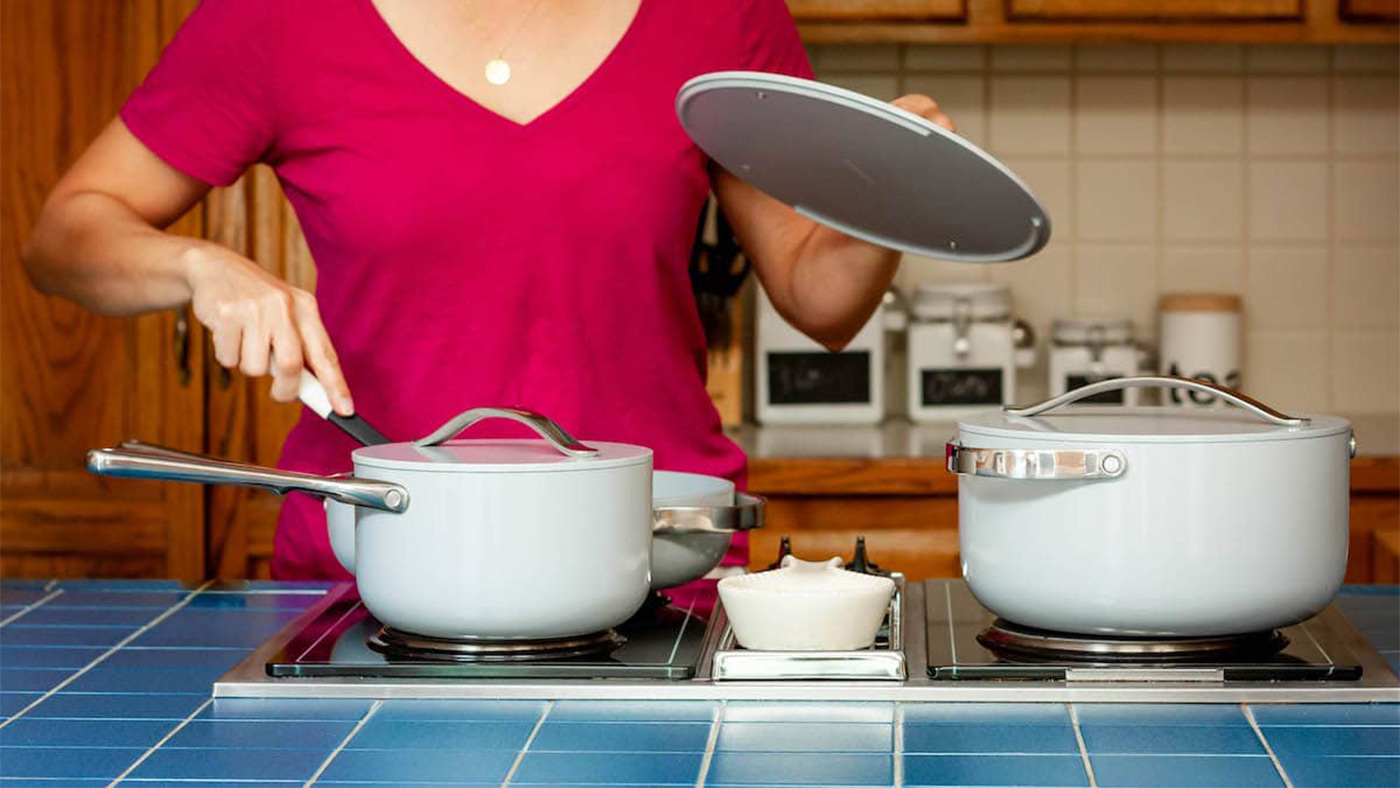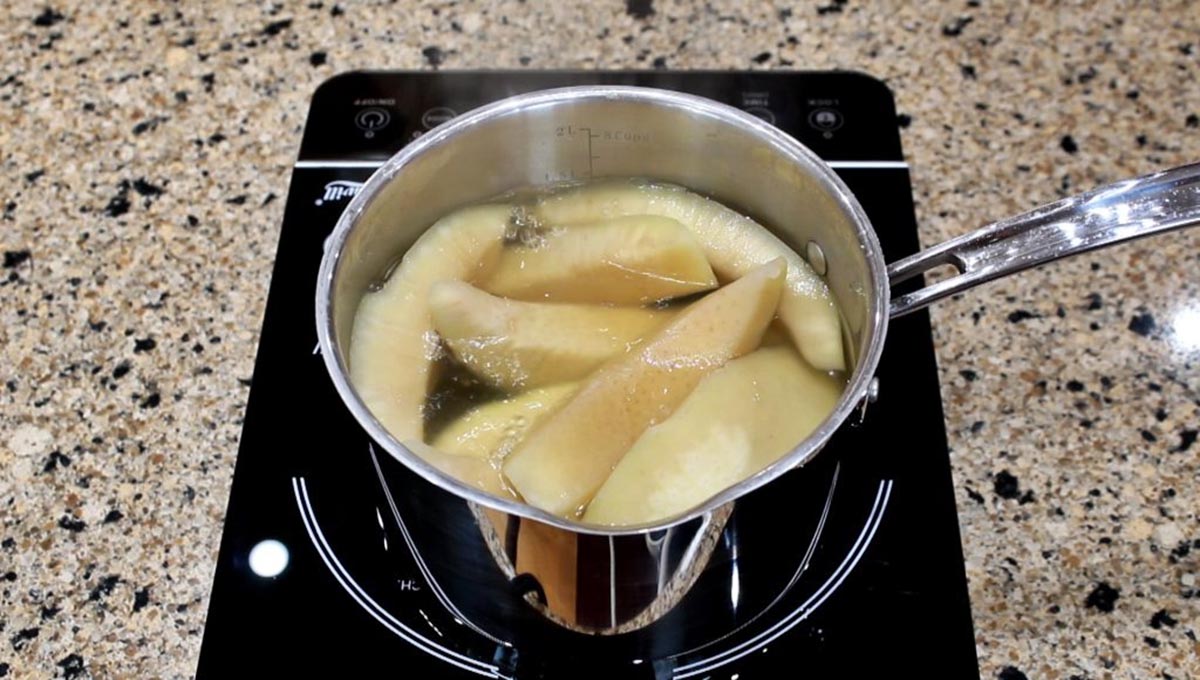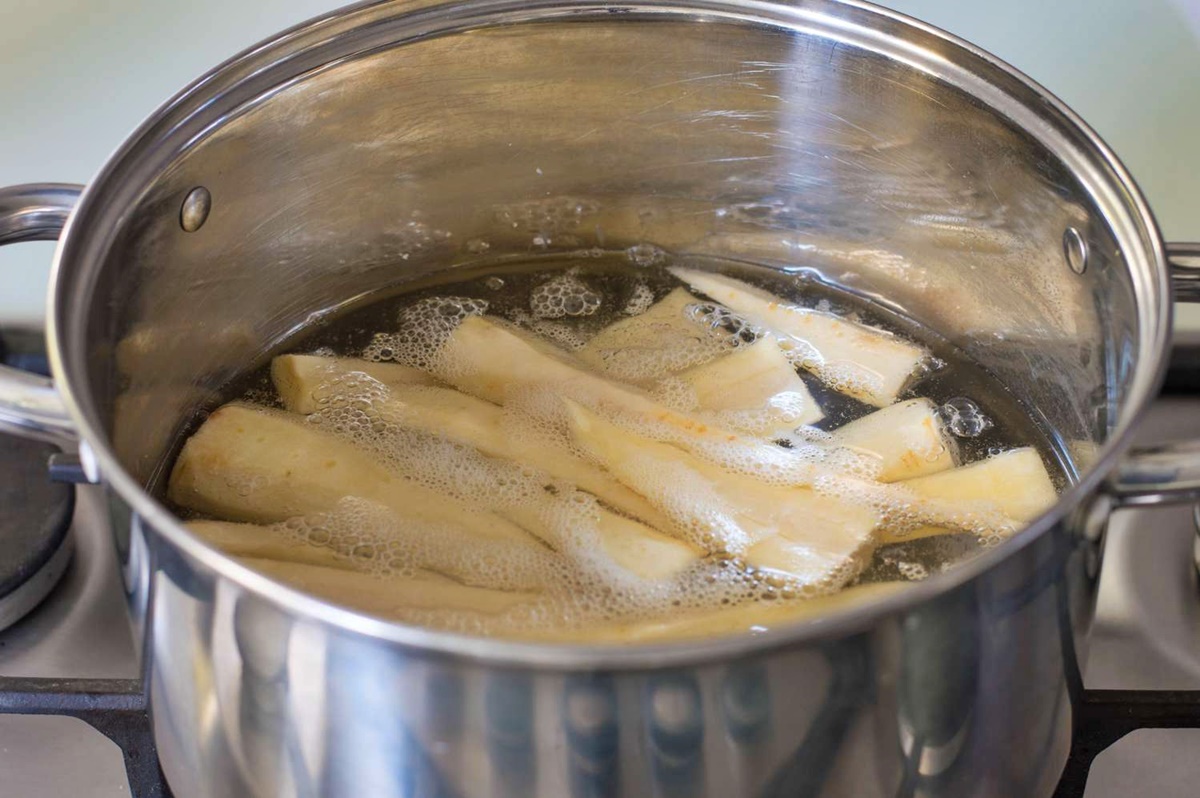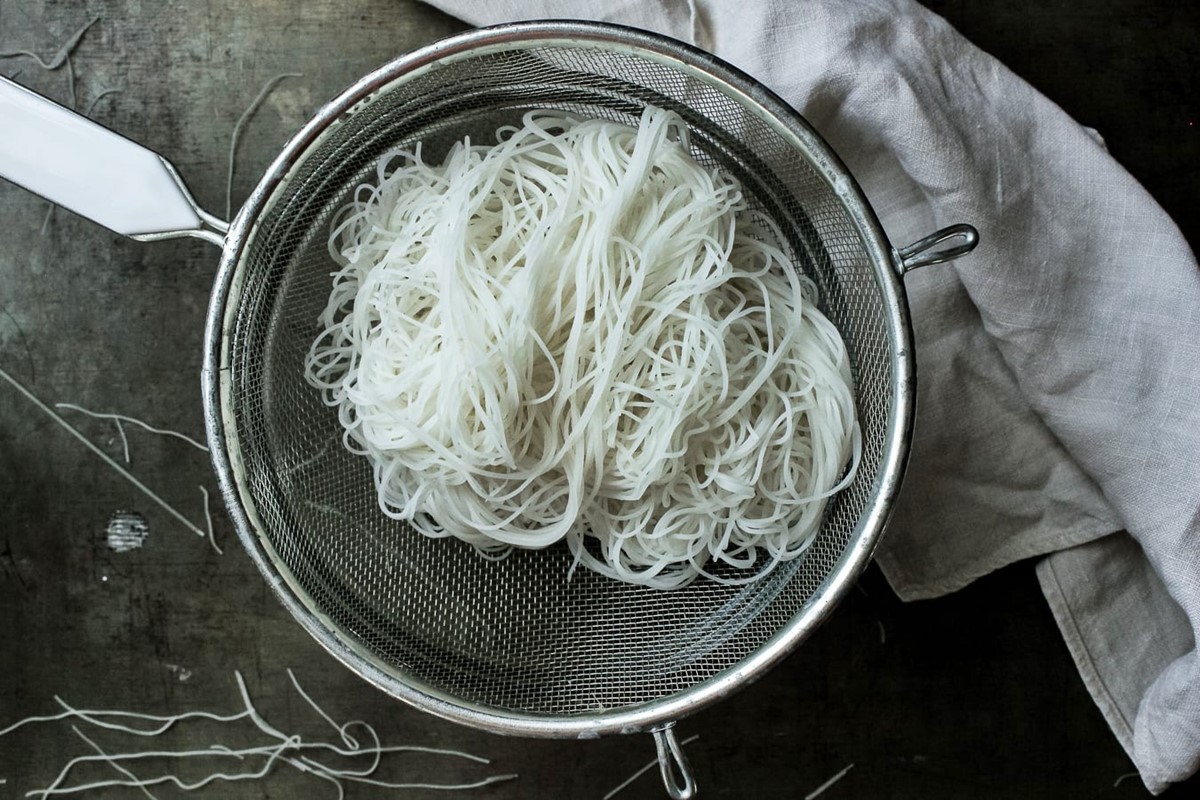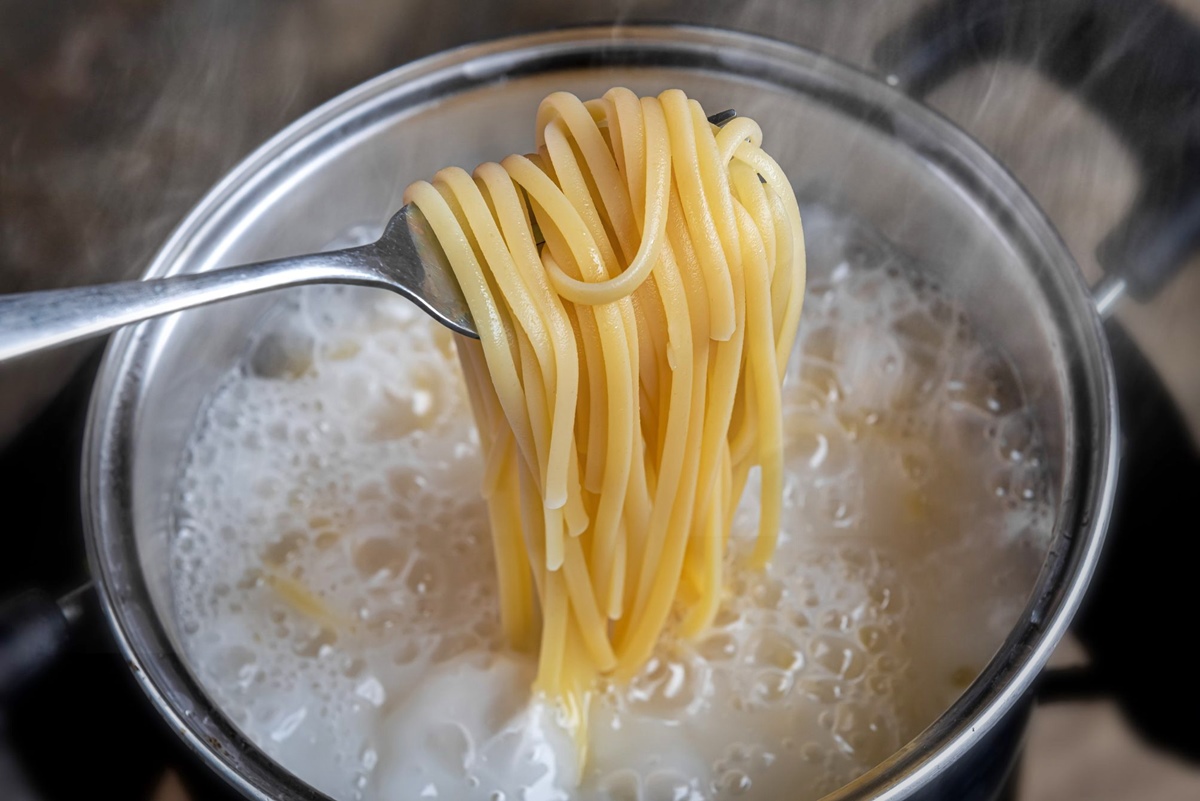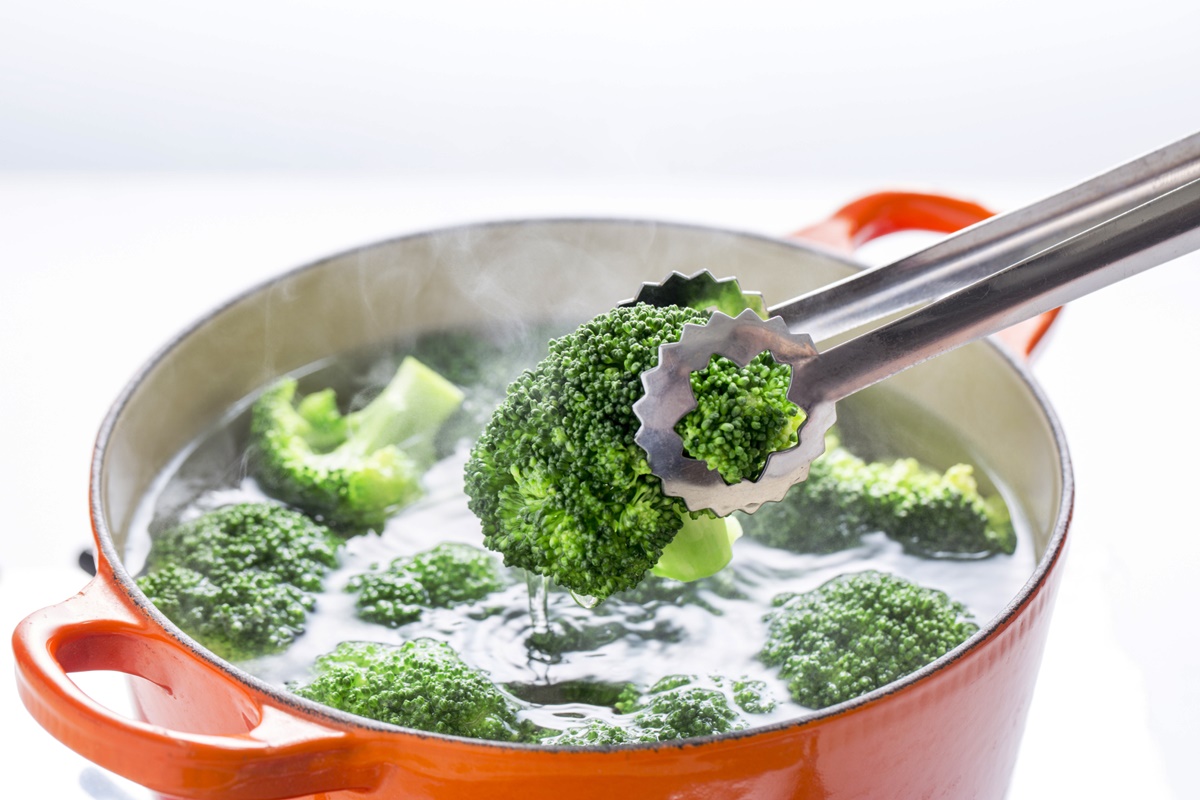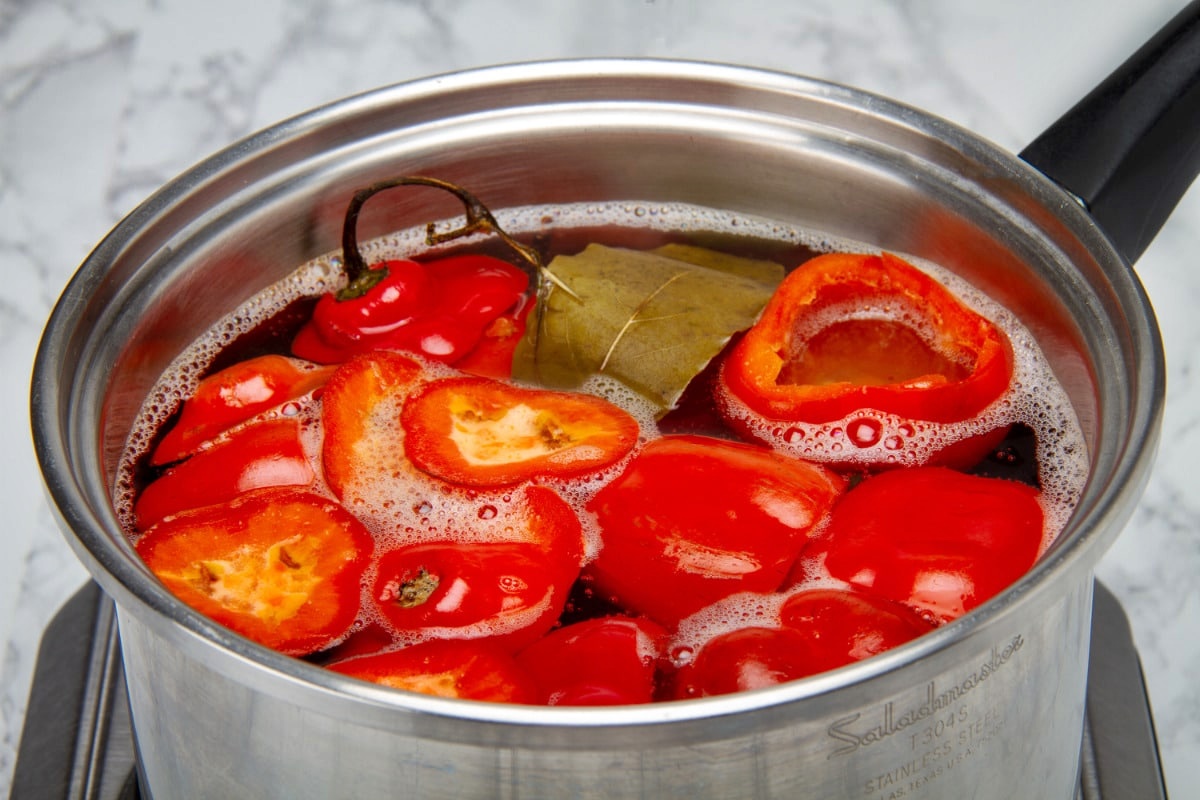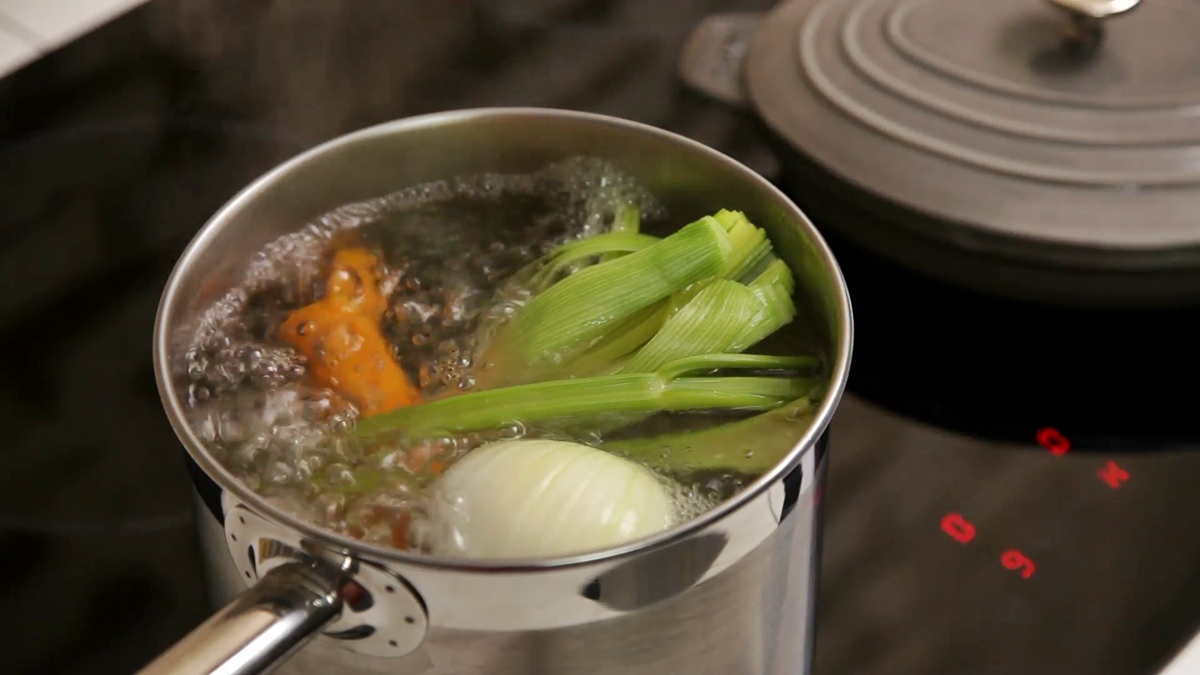How To Boil Ravioli Without Breaking
There’s nothing worse than eagerly preparing a delicious plate of ravioli, only to have them break apart during the cooking process. But fear not! With a few simple tips and tricks, you can boil ravioli to perfection without any mishaps. Here’s a step-by-step guide to help you achieve perfectly cooked ravioli every time.
1. Choose the Right-sized Pot
The size of the pot matters when it comes to boiling ravioli. Too small of a pot can cause the ravioli to stick together or break. Aim for a pot that is wide enough to accommodate the ravioli without overcrowding or overlapping.
2. Salt the Water
Just like with pasta, seasoning the boiling water with salt adds flavor to the ravioli. Add a generous amount of salt to the water before bringing it to a rolling boil. Salt also helps prevent the ravioli from sticking together.
3. Gentle Handling
When adding the ravioli to the pot, do so gently to avoid any rough handling that could lead to breakage. Lower them into the water one by one, taking care not to overcrowd the pot. If necessary, cook the ravioli in batches to ensure they have plenty of space to cook properly.
4. Stir Occasionally
During the cooking process, gently stir the ravioli every couple of minutes to prevent them from sticking together. Use a wooden spoon or a pasta fork to carefully move them around in the pot while keeping them intact.
5. Follow the Recommended Cooking Time
Refer to the package instructions or general guidelines for cooking time, as it may vary depending on the thickness of the ravioli. Overcooking ravioli can lead to breakage, so it’s important to keep a close eye on them and remove them from the water as soon as they are cooked al dente.
6. Handle with Care when Draining
When it’s time to drain the cooked ravioli, handle them with care. Instead of pouring them into a colander, use a slotted spoon or a spider skimmer to remove them from the boiling water. This method is gentler and helps prevent any breakage that could occur from the forceful pouring of water.
7. Serve Immediately
Once drained, transfer the ravioli to a serving dish or individual plates immediately. Ravioli can become sticky as they cool down, making them more prone to breaking. Serving them promptly helps maintain their integrity and ensures a delightful dining experience.
8. Sauce Carefully
Be cautious when adding sauce to your ravioli, as a heavy-handed pour could cause breakage. Instead, gently toss the cooked ravioli with your sauce of choice in a separate bowl, ensuring each piece is coated evenly. This method avoids any unnecessary pressure that could lead to unwanted fractures.
With these simple steps, you can confidently boil ravioli without worrying about them breaking apart. Remember, it’s all about the right pot, gentle handling, and being mindful of cooking times. So go ahead, unleash your inner chef, and enjoy perfectly cooked ravioli every time!
For those looking to hone their ravioli boiling skills, there are several recipes they can try that align perfectly with the guide on boiling ravioli without breaking. A great starting point is the Classic Cheese Ravioli with Marinara Sauce, which is simple yet delicious, making it ideal for mastering the technique. For a bit more complexity, the Spinach and Ricotta Ravioli with Alfredo Sauce offers a creamy and rich experience. Lastly, the Butternut Squash Ravioli with Sage Brown Butter is a must-try for its unique flavor profile and the added challenge of working with delicate squash-filled pasta. Each of these dishes provides an excellent opportunity to practice and perfect the boiling method while enjoying a variety of flavors.
Was this page helpful?
Read Next: How To Boil Chicken Drumsticks On The Stove
